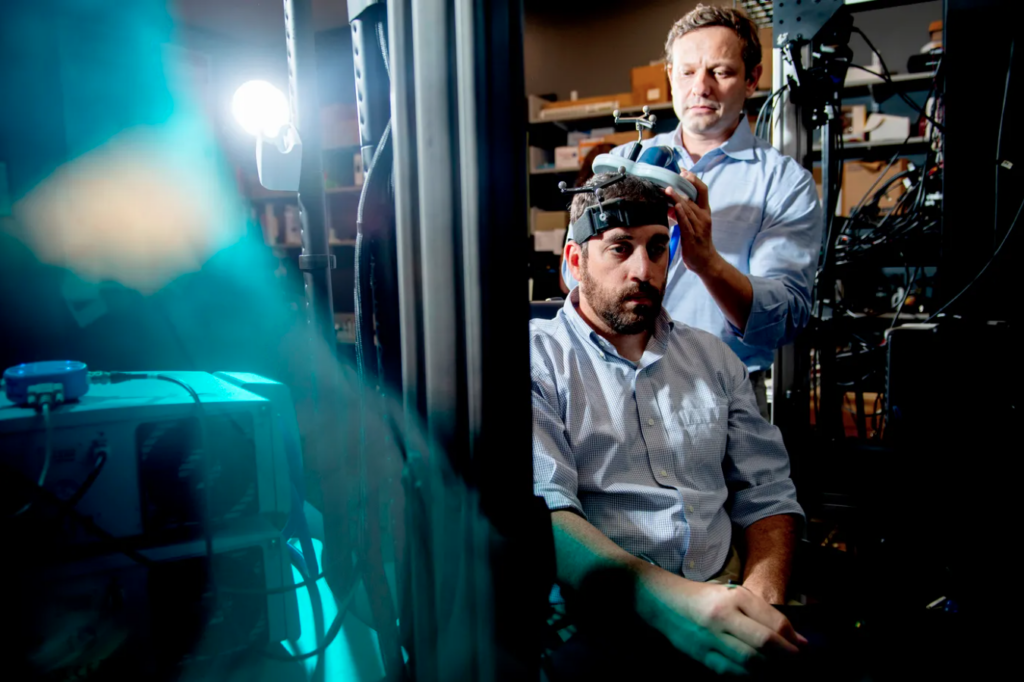By: Tanner Stening
One of the great promises in the field of cancer immunotherapy is the emergence of cancer vaccines. Unlike traditional vaccines that are tailored to infectious diseases, cancer vaccines work by teaching the immune system to recognize and respond to cancer cells, which often elude the body’s natural defenses and remain persistent even after surgeries and other interventions.
Now, a new treatment for two of the most deadly and hard-to-treat cancers could be coming in the form of a vaccine. Currently in testing, the vaccine is showing early promise in potentially being able to stop pancreatic and colorectal cancer from reemerging in patients with either disease.
The vaccine — which targets a specific gene mutation prominent in pancreatic and colon cancer, among other types, and which was shown to prompt a T cell response — was also shown to be safe.
While the study is still in the early stages, the results are encouraging, says Mansoor Amiji, Northeastern distinguished professor in the School of Pharmacy and Pharmaceutical Sciences.




